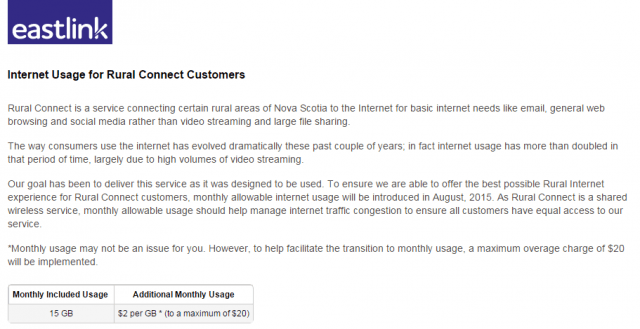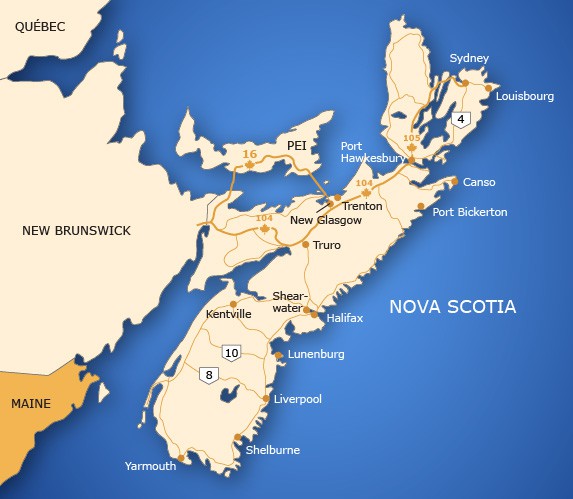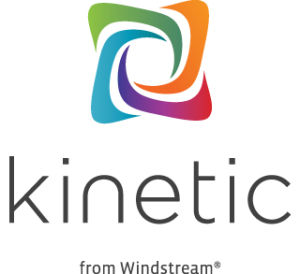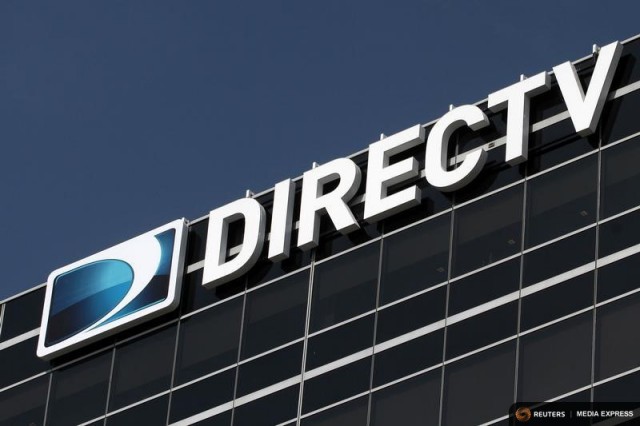“Since launch, we have consistently met our daily target numbers for installations and anticipate the number of residents interested in signing up for Kinetic to continue to grow,” Brooks said in an emailed statement. “We are very pleased with how Kinetic has been received in Lincoln.”
 A plan to place a 15GB monthly usage cap on Eastlink broadband service in rural Nova Scotia has led to calls to ban data caps, with a NDP Member of the Legislative Assembly of Nova Scotia leading the charge.
A plan to place a 15GB monthly usage cap on Eastlink broadband service in rural Nova Scotia has led to calls to ban data caps, with a NDP Member of the Legislative Assembly of Nova Scotia leading the charge.
NDP MLA Sterling Belliveau is calling on the Liberal government to prohibit Eastlink from placing Internet data caps on rural broadband.
“This newly announced cap really sends us back to the 1990s when it comes to technology,” Belliveau said in a news release Tuesday. “The province paid $20 million to bring this service to rural communities, and as such, the Minister of Business needs to tell Eastlink this can’t stand.”
Belliveau’s office is being flooded with complaints from residents and business owners upset about Eastlink’s data cap, which includes a $2/GB overlimit fee, up to a maximum of $20.
“Only rural customers get penalized for using the Internet,” complained Angel Flanagan on Twitter. “We can’t have Netflix or YouTube. Eastlink, stop this cap and upgrade your services and give us better Internet. We don’t need to use it less.”
“I am so angry about the Internet capping,” said Emma Davis. “Eastlink you are out of your goddamn minds. Rural Nova Scotia is entering the Dark Ages.”

Eastlink’s Rural Connect package is a wireless service, delivering speeds up to 1.5Mbps at a cost of $46.95 a month. The service is provided where wired providers are generally not available, including Annapolis, Hants, Digby, Yarmouth, Queens, Lunenburg, Shelburne and Kings counties. Eastlink says its new usage cap was designed to accommodate “intended usage like surfing the web, reading/sending emails, social media, e-commerce, accessing government services, etc. — and NOT video streaming, for which the service was not intended.”

Belliveau
Eastlink’s continued dependence on a low capacity wireless network platform has conflicted with the changing needs of Internet users, who increasingly use high bandwidth applications like streaming video that can quickly clog wireless ISP traffic.
When the service was designed, the popular video streaming service “Netflix was shipping DVDs by mail,” says Eastlink spokesperson Jill Laing.
The cap was implemented to “address Internet traffic, which we believe will help provide equal access to the service and deliver a better overall rural Internet experience for customers,” Laing wrote.
Eastlink says the average customer uses about 12GB of traffic, excluding video streaming. Setting a usage cap at 15GB should not be a problem for customers who stay off Netflix, argues the ISP.
“Those who are using the service as it was intended to be used should not be impacted by monthly usage,” she wrote.
The fact Eastlink labeled some traffic legitimate while video streaming was discouraged did not go over well with customers.
“Who made them Internet Gods when our provincial tax dollars helped finance their Internet project,” asks Al Fournier. “The very fact they would suggest a 15GB cap with a straight face in 2015 should be ringing alarm bells in Ottawa about the rural broadband crisis in Canada.”
 Fournier suspects Eastlink has not invested enough to keep up with a growing Internet because the service originally advertised itself as a way to listen to online music and watch video. But he also wonders if the data cap is an attempt to force the government to fund additional upgrades to get Eastlink to back down.
Fournier suspects Eastlink has not invested enough to keep up with a growing Internet because the service originally advertised itself as a way to listen to online music and watch video. But he also wonders if the data cap is an attempt to force the government to fund additional upgrades to get Eastlink to back down.
“This is why wireless ISPs suck for 21st century Internet,” Fournier argues. “They are incapable of keeping up with growing traffic and bandwidth needs and need to be retired in favor of fiber.”
But at least one wireless provider in Nova Scotia does not understand why Eastlink is making a fuss over data caps.
Cape Breton’s Seaside Wireless Communications offers Internet access in Antigonish, Cape Breton, Colchester, Cumberland, Guysborough, Inverness, Pictou, Richmond and Victoria counties, along with rural parts of Halifax County, and has no data caps.
“It is not even on our radar,” said Loran Tweedie, CEO of Seaside Wireless. “This is a differential we are proud of.”
Some Nova Scotians are also questioning why their Internet service is being capped while rural Eastlink customers in Newfoundland, Labrador and Ontario can continue to use the Internet cap-free, at least for now. Others are suspicious about the future of Eastlink’s maximum cap on overlimit fees, currently $20. Canadian providers have a history of raising the maximum cap, subjecting customers to greater fees.
“It’s hard to speak to what will happen over time. We’ll certainly evaluate where we’re at later in the fall,” said Laing.
Liberal provincial Business Minister Mark Furey said he was aware of Eastlink’s rural broadband data cap but only promised to monitor the situation for now.
Starting next month, Eastlink’s rural Internet packages will be capped at 15 gigabytes of usage per month. CBC Radio Nova Scotia’s “Information Morning” program speaks with Eastlink and Port Royal resident Gary Ewer about the impact the usage cap will have. (10:15)
You must remain on this page to hear the clip, or you can download the clip and listen later.


 Subscribe
Subscribe A Dutch telecommunications regulator is warning mergers and acquisitions rarely turn out well for competition or consumers, and admits mistakes were made when regulators allowed John Malone to create an effective cable monopoly in Holland.
A Dutch telecommunications regulator is warning mergers and acquisitions rarely turn out well for competition or consumers, and admits mistakes were made when regulators allowed John Malone to create an effective cable monopoly in Holland.
 Comcast today officially announced speed increases for its broadband customers in the northeastern U.S. that includes a nearly 50 percent speed boost for its Blast! tier.
Comcast today officially announced speed increases for its broadband customers in the northeastern U.S. that includes a nearly 50 percent speed boost for its Blast! tier. If Windstream was hoping to make a splash with its new Kinetic IPTV service, Time Warner Cable certainly isn’t reaching for a towel.
If Windstream was hoping to make a splash with its new Kinetic IPTV service, Time Warner Cable certainly isn’t reaching for a towel. Ryan Pryor said he inquired about Kinetic, but the price quoted was slightly more than what he now pays for a similar bundle with Time Warner and would have offered a slower Internet speed. So he chose to stick with what he has.
Ryan Pryor said he inquired about Kinetic, but the price quoted was slightly more than what he now pays for a similar bundle with Time Warner and would have offered a slower Internet speed. So he chose to stick with what he has.
